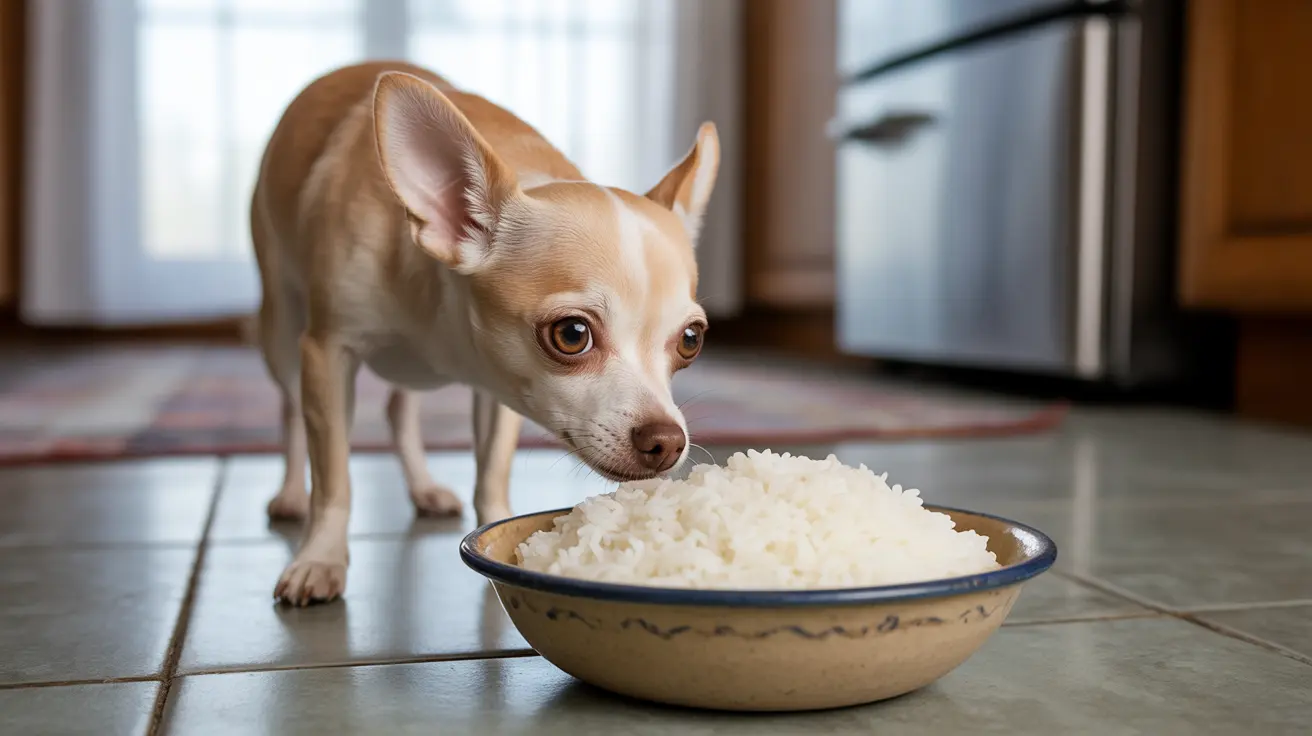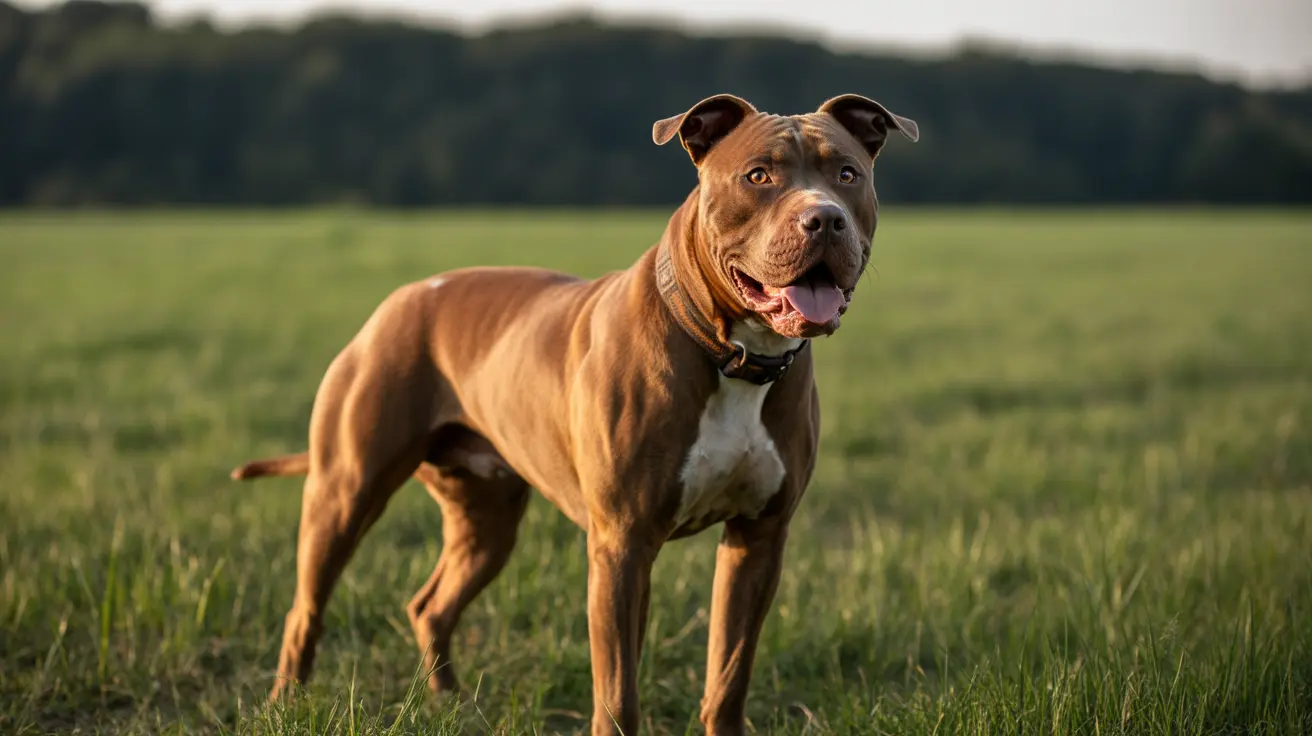The Dangers of Mexican Rice for Dogs
Traditional Mexican rice recipes contain several ingredients that can be harmful to dogs. The primary concerns include:
- Onions and garlic (toxic to dogs)
- Spices and seasonings (can cause digestive issues)
- Added salt (potential sodium poisoning)
- Oils and fats (risk of pancreatitis)
- Tomato-based sauces (may contain harmful additives)
Most concerning are the onions and garlic, which can cause severe health issues in dogs, including hemolytic anemia - a dangerous condition where red blood cells are destroyed faster than they can be produced.
Safe Rice Options for Dogs
While Mexican rice should be avoided, plain rice can be beneficial for dogs when prepared properly:
- Cook rice thoroughly in plain water
- Avoid adding any seasonings or fats
- Serve at room temperature
- Use white rice for easier digestion
- Portion appropriately based on your dog's size
White rice is particularly helpful for dogs with upset stomachs, as it's easy to digest and can help firm up loose stools.
Health Benefits of Plain Rice for Dogs
When served properly, plain rice offers several benefits:
- Easy to digest carbohydrates
- Good energy source
- Helps settle upset stomachs
- Contains beneficial minerals
- Can help with diarrhea
However, rice should only make up about 10% of your dog's daily caloric intake to maintain a balanced diet.
Signs of Rice-Related Problems in Dogs
Watch for these symptoms if your dog has consumed Mexican rice:
- Vomiting or diarrhea
- Lethargy
- Pale gums
- Rapid breathing
- Weakness or collapse
- Increased heart rate
If you notice any of these signs, especially after consuming rice with onions or garlic, contact your veterinarian immediately.
Healthy Alternatives to Mexican Rice
Instead of Mexican rice, consider these dog-safe alternatives:
- Plain, cooked white rice
- Brown rice (in moderation)
- Rice mixed with plain, boiled chicken
- Veterinary-approved rice-based dog foods
- Commercial dog food with rice as an ingredient
Frequently Asked Questions
Can dogs safely eat Mexican rice, and what ingredients should I avoid?
No, dogs should not eat traditional Mexican rice due to harmful ingredients like onions, garlic, spices, and excess salt. These ingredients can cause serious health issues ranging from digestive upset to toxic reactions.
How can I prepare plain rice for my dog without risking toxicity from Mexican rice ingredients?
Cook rice in plain water without any seasonings, oils, or additives. Serve it plain or mix it with dog-safe protein like boiled chicken. Always let it cool to room temperature before serving.
What are the health risks if my dog accidentally eats Mexican rice with onions or garlic?
If your dog consumes Mexican rice containing onions or garlic, they risk developing hemolytic anemia, which can be life-threatening. Symptoms may include weakness, pale gums, rapid breathing, and lethargy. Seek immediate veterinary care.
Is plain white rice beneficial for dogs with digestive issues like diarrhea?
Yes, plain white rice can help firm up loose stools and settle upset stomachs. It's easily digestible and gentle on the digestive system, making it a good temporary option for dogs with gastrointestinal issues.
How often can I feed my dog rice as part of a balanced diet without causing nutritional imbalances?
Rice should make up no more than 10% of your dog's daily caloric intake and should be fed only 2-3 times per week. Always ensure your dog's primary nutrition comes from complete and balanced dog food.
Conclusion
While Mexican rice is unsafe for dogs due to its potentially toxic ingredients, plain rice can be a healthy addition to your dog's diet when prepared properly. Always prioritize your pet's safety by avoiding seasoned rice dishes and sticking to simple, dog-safe preparations. If you're ever unsure about a food's safety for your dog, consult with your veterinarian.






